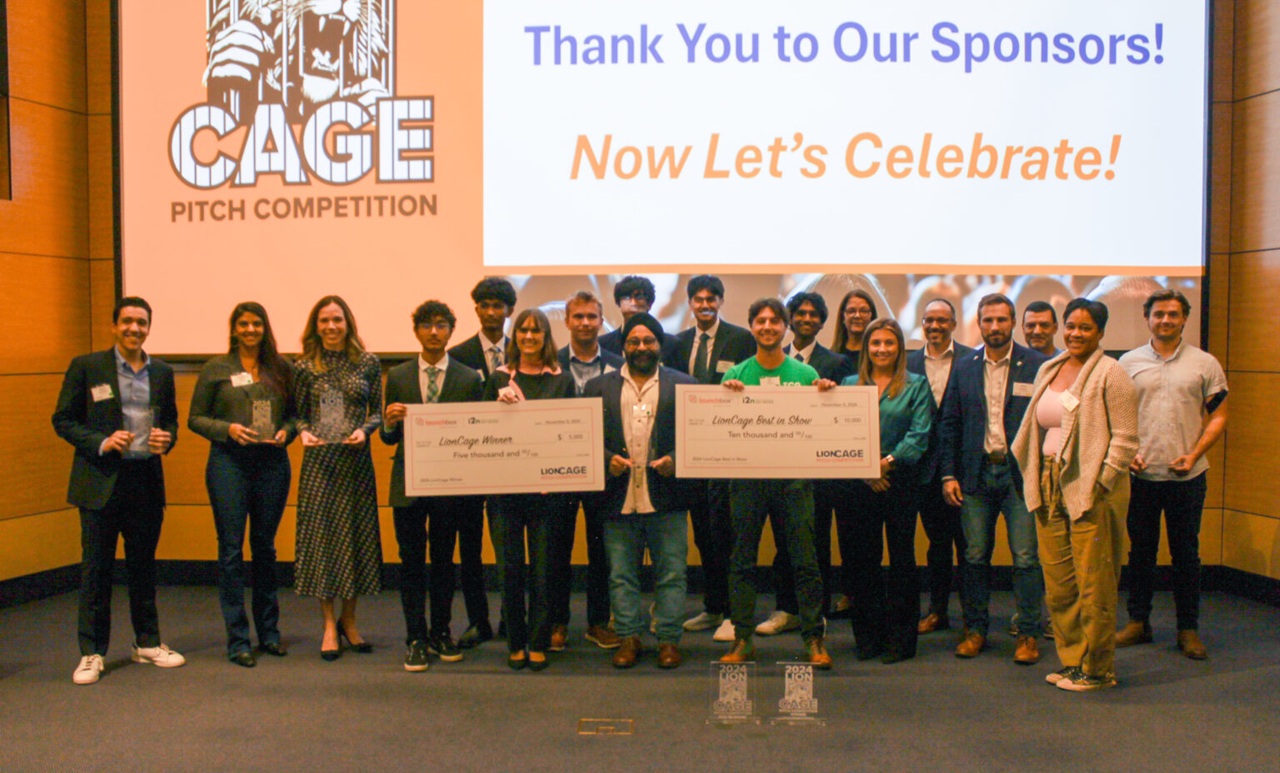
Startups in Latam: The gender gap is latent in the technological ecosystem
The number of female founders in new digital ventures is quite low globally.
Despite the surprising record that Latin America set last year in the receipt of venture capital, with $15 billion, allowing several companies to raise their valuations and even become new unicorns, the negative point is represented by the low presence of women in this technological environment, a phenomenon that is not exclusive to the region.
A study recently presented by Endeavor Mexico and Glisco Partners shows that women continue to be underrepresented in the startup and venture capital ecosystem in Latin America, reaching a representation of only 5% in the founding teams of startups and exclusive women’s scaleups.
“Inclusion and diversity in the entrepreneurial ecosystem is still a pending task. Only 6% of the founding teams of unicorns include a woman and less than 1% of the CEOs of unicorns and soonicorns are women,” Endeavor Mexico and Glisco Partners pointed out in the document.
Likewise, the study revealed that the gender gap is not only present in the formation of teams, but also in access to capital, where only 2% of female entrepreneurs managed to raise a round of institutional capital.
How to Change the Landscape?
While female-only teams are marginal, co-ed founding teams increased access to capital to 29%, a small sign of improvement that could benefit from more outreach.
On this subject, Vincent Speranza, general director of Endeavor Mexico and regional advisor of Endeavor for Latin America, highlighted the importance of promoting success stories of women entrepreneurs and encouraging more and more of them to pursue STEM careers.
“The participation of women in STEM careers is very low and we also have to stimulate this from the academic sector so that more women begin to enter and this helps to have more female talent in the Latin American entrepreneurial ecosystem. The issue of diversity and inclusion is a collective and patient work, it is not something that will be seen in the next study, it is something that we have to continue working on to make it happen,” Speranza stressed.
RELATED CONTENT
Likewise, according to the report, it is important to review other aspects that are surely influencing the fact that the number of women in technology careers and companies is so low, such as the type of university that the founders attended, that is, if the institution is public or private, as well as the access to English learning, “which is an issue that if you want to succeed and have access to global funds eventually you will have to be able to express yourself very well,” added Speranza.
For his part, Agustín Rotondo, regional manager of Wayra Hispam, Telefónica Movistar's corporate fund, assured that the gender gap is a critical challenge for the Latin American startup ecosystem.
Rotondo highlighted:
The companies of female founders are rare cases. It is hard to find companies in the ecosystem that continue to grow that have a completely female founding team.
Likewise, the director recognizes that the phenomenon is not exclusive to Latin America and knows that the commitment must be approached from all levels.
“We are seeing more cases of companies that have at least one woman in the founding team and women who stand out in the roles of an investment fund. This is work that has been developing downstream and that is beginning to have a little more consequences upstream, because when a woman participates in the decision-making process, she breaks more paradigms than a group of male investors. We have a very masculine industry, investing in male founders from male investors. This is a global phenomenon that, if we see it over time, is improving, but we are far from saying that it has been solved. If we look at the teams, I believe that 20% of our companies have a female founder, and that should be at least 50% or more,” pointed out Rotondo.











LEAVE A COMMENT: